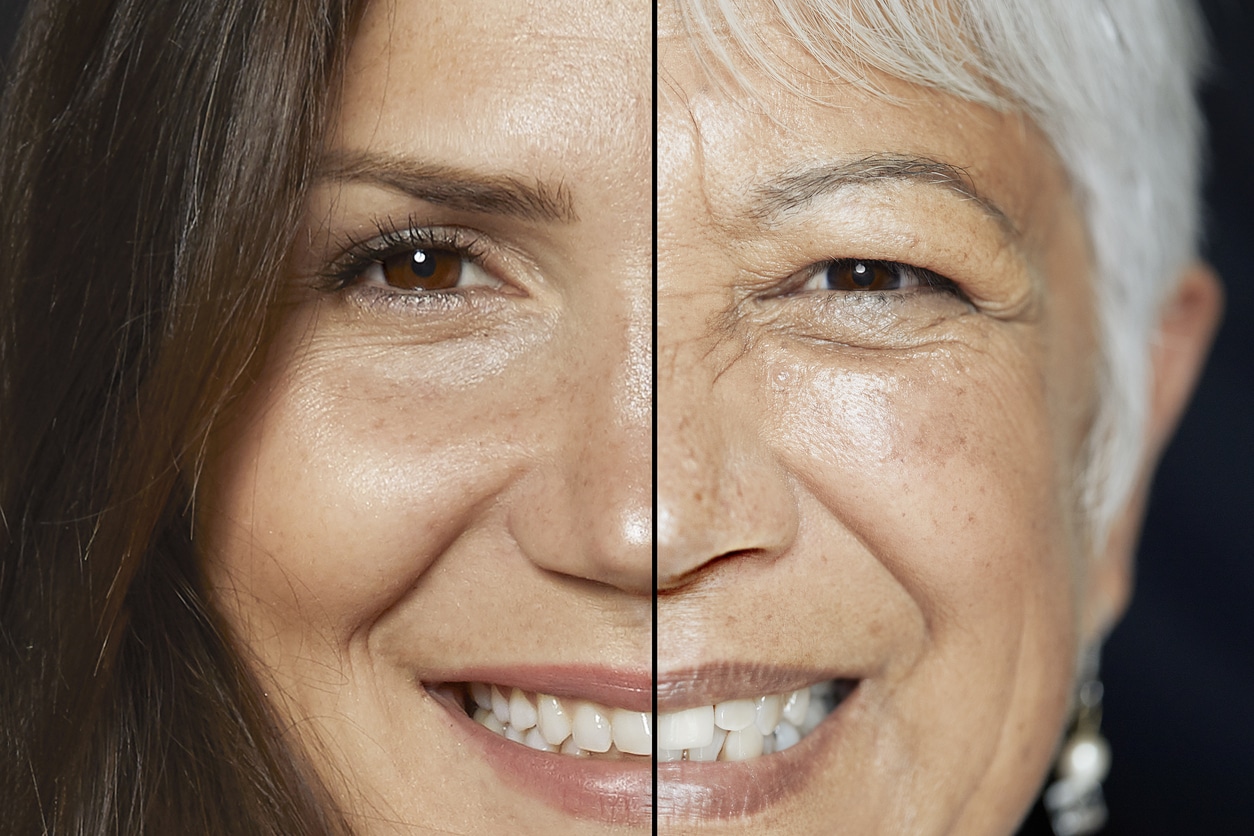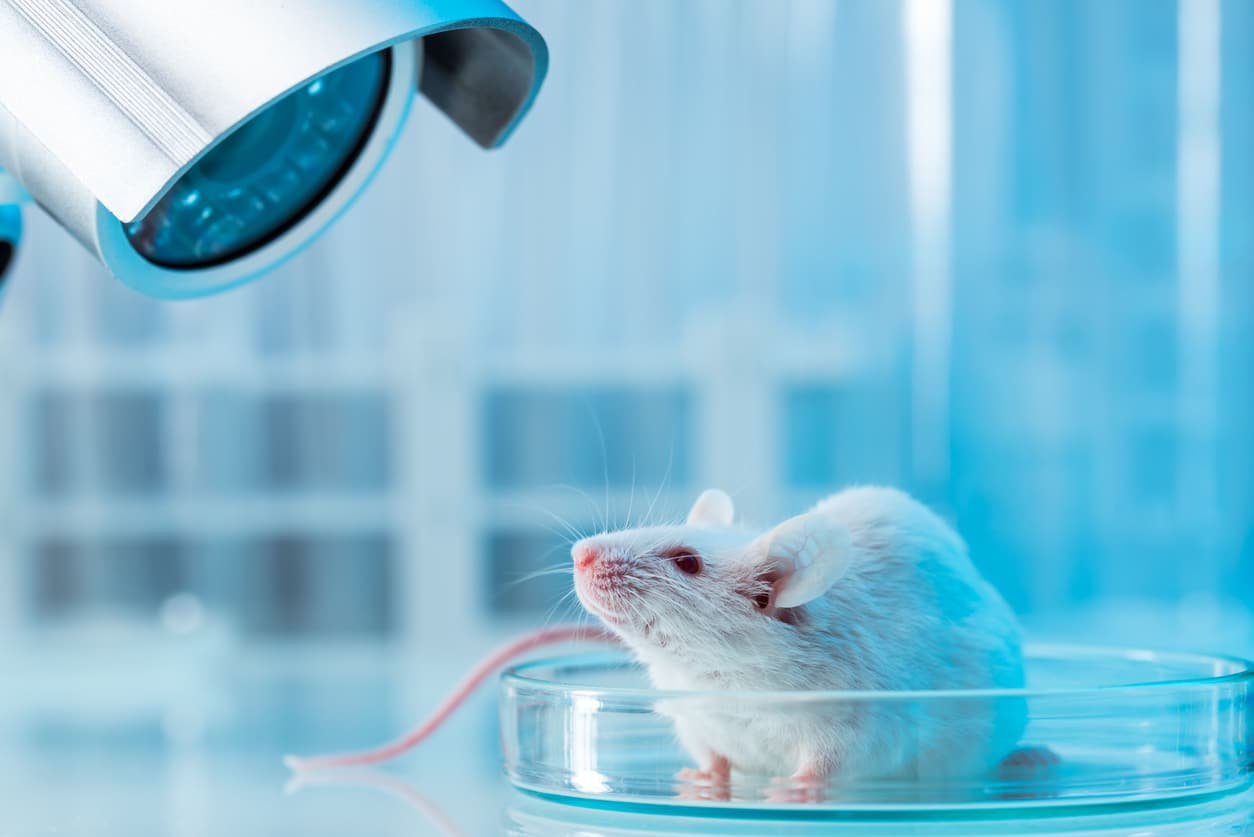Way back in my late 20s, I had a premonition that I would not survive to see my 50th birthday. I lived my life accordingly, knowing my years were numbered, so if I had the chance to take a trip, I took it. I made a point of telling the people I cared about that I loved them. There was never any doubt in my mind that I’d die young.
But then I didn’t. I lived past my 50th birthday, much to my surprise (and happiness), and now I’m staring down my mid-50s, thinking maybe I have a few more decades in me. I still live like I’m on borrowed time, but I do give a little more thought to make sure I have money for retirement and a body that’s physically fit to still do the things I love for years to come.
While it’s relatively common for people to live into their 80s and 90s, researchers say it’ll soon be possible to live to be 150 years old.
Reversing the Aging Process
Genetics professors David Sinclair, director of Harvard Medical School’s Paul F. Glenn Center for Biology of Aging Research, and postdoctoral fellow Jae-Hyun Yang, say there’s research underway that not only says humans can live to be 150 years old but that the first person who will live to be 150 has already been born.
How is this possible? The professors explain that aging has long been believed to occur through accumulated mutations of DNA. Those mutations interfere with how your cells, tissues, and organs normally function. But in January, Harvard researchers reported that they’d turned the clock back on lab mice by altering the epigenome, the collection of molecules that turn DNA on and off. This discovery is like resetting the cellular aging of the body. It raises the possibility of being able to reset the body to fight diseases such as Alzheimer’s, diabetes, cardiovascular disease, and cancer—all diseases that become more common as we get older.
Digging Deeper into the Research
Dr. Sinclair explains that there are a number of molecules that have been found to delay aging in animals. They’ve seen potential in a few drugs being tested in humans, too. The research shows that it’s possible to reset the body’s age by as much as 50 percent. They’ve been able to do this in specific organs like the eye and have even restored vision in mice. Their more recent research shows aging can be reversed in other tissues using the same technology.
The research helped these scientists understand that aging is not just a product of DNA mutations but also of epigenome degradation. Knowing this is helpful because mutations are not easy to repair, but the epigenome is a different story. In fact, their research found there’s a backup copy of the epigenetic info in every cell. So, if you compare it to a computer, it turns out to be more of a software issue than a hardware problem, which is a much easier dilemma to fix. You can reboot the software, so to speak, and make it run like new again.
How the Research is Being Applied to Reverse Aging
There’s already a drug in development to reset the age of the body, specifically to cure blindness. It’s currently being studied in nonhuman primates. Researchers believe they can apply that to any part of the body, even the brain. So researchers are looking into possibilities of resetting the age of the body to help with Alzheimer’s and cardiovascular disease. And so far, the drugs have been studied in mice and monkeys with no catastrophic side effects.
What’s Next for Reverse Aging Technology
The researchers plan to keep developing the technologies. They say the speed of their developments is getting faster and faster, and things look promising in the primate studies. If they don’t find success, someone else likely will because there’s been about $5 billion invested in anti-aging drug development.
Their bottom line is that it’s not a ridiculous thought that people will be living to 150. Aging may still be inevitable, thanks to the law of physics. And the researchers agree that, at some point, we SHOULD die. They just don’t want it to be too early.
Read More:










